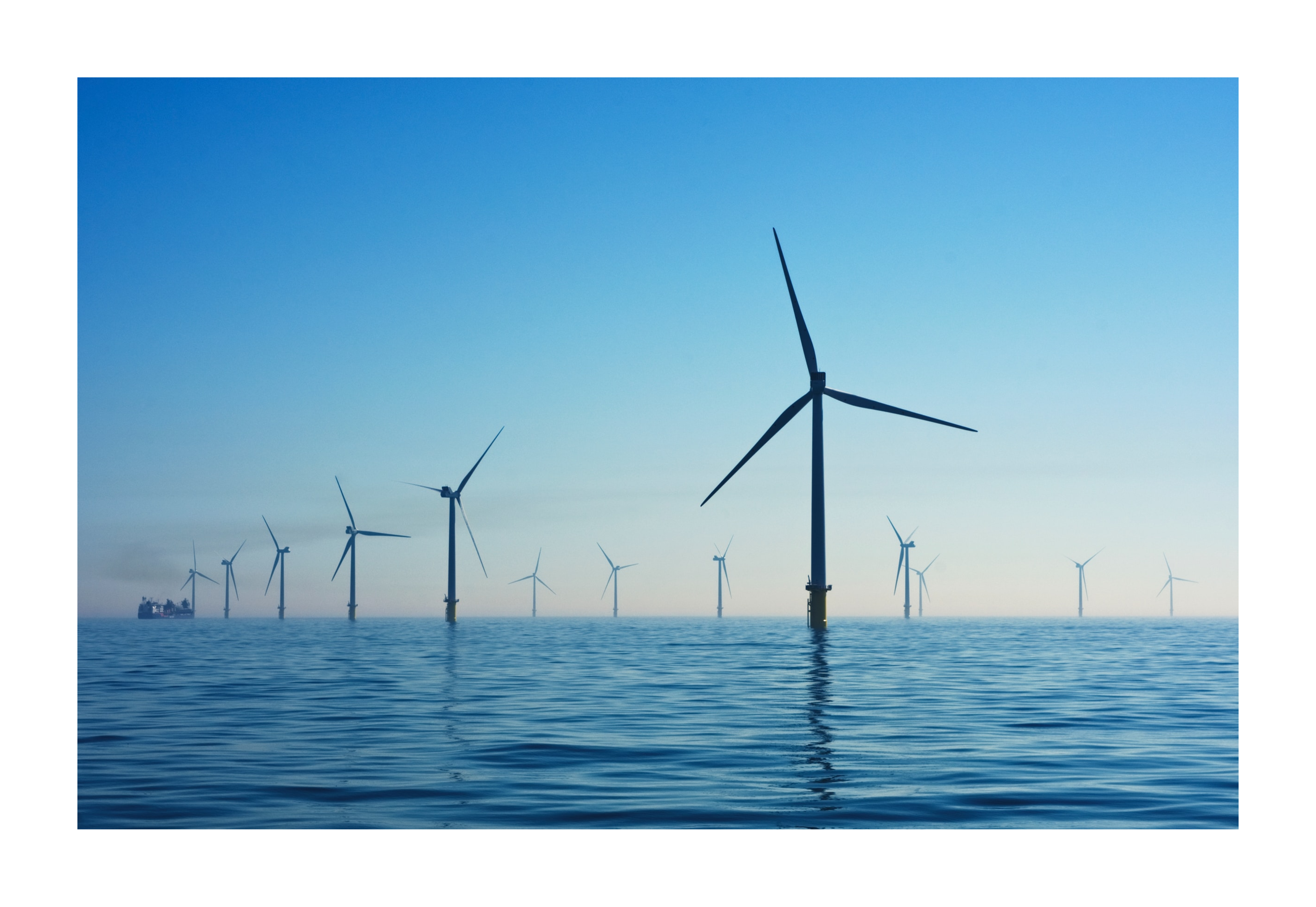There is a growing popularity for Environmental, Social and Governance (ESG) investing. This trend is spurred by a generation of millennials and experienced investors, who want to see their investments make a positive societal impact. Yet, there is scepticism as to the profitability of investing in ESG, which is giving investors mixed opinions on how they should curate their portfolios. At the end of the day, it is important for investors to gain prosperous financial returns and there is a growing consensus that ESG investing can create this financial value.
ESG investing is sold as the “best of both worlds”. Clients can build a portfolio that has a sustainable impact on the community and environment, while simultaneously ensuring financial returns due to the company’s sustainable business practices. This may seem idealistic, but research is showing that many companies with strong ESG propositions are seeing growth in different facets of business. Below, I have listed a few ways in which companies are gaining profit and creating value for investors.
- When companies create a sustainable business strategy, that applies to all elements of ESG, I have found that they can grow into new markets more easily. These companies are gaining interest from new investors who are conscious about their societal impact, which is also increasing their business growth.
- By lowering energy consumption and reducing water usage in the supply chain, companies can reduce unnecessary costs for the business and improve efficiency.
- Many companies with strong ESG propositions sustain less legal interventions due to well thought out workers’ rights policies and board diversity structures. These actions can reduce legal costs as well as increase employee satisfaction and comfortability because they are more likely to feel secure in their workplace.
- Companies with sustainable frameworks are seeing an increase in employee productivity, as there is a correlation between positive social impact and job satisfaction. This may result in higher returns as the company is retaining more motivated employees.
How UPS's switch to Electric Vehicles is creating business growth
Delivery services such as FedEx, UPS and DHL are familiar to using diesel operated vans. In recent years, there has been a major push to switch to electric vehicles to reduce CO2 emissions and create better air quality in large cities. In 2018, UPS took it upon themselves to join forces with Workhorse (an electric vehicles company) and create a fully electric vehicle.
At the time, this was beneficial to UPS because they were buying electric vehicles for the same price as normal diesel vans, but their shift to a more sustainable future created a lot more value than expected. After making the switch, they started lowering emissions and reducing operational costs.
This change rebranded UPS as an “eco-friendly” company, which opened their business to a wider audience, thus gaining more top-line growth for the company. The new electric vehicles also brought down operational costs as they were more efficient. UPS is preparing itself for an environmentally sustainable future and once again proving that companies with a strong ESG proposition are seeing an increased profit and returns for their shareholders.
What we can learn from UPS
Other businesses can learn from the success of UPS after enhancing their sustainable business strategy. By identifying and keeping ESG risk low in the supply chain, companies will sustain business growth in the long. At C2, our platform is able to help companies identify these risks by comprehensive ESG scoring that helps businesses streamline decision making regarding ESG risk.
These businesses, who are conscious about their ESG risk, will be able to rebrand themselves as sustainable companies and will open them up to a new market of investors. This will broaden the ESG investing market and help propel businesses to a more sustainable future.






